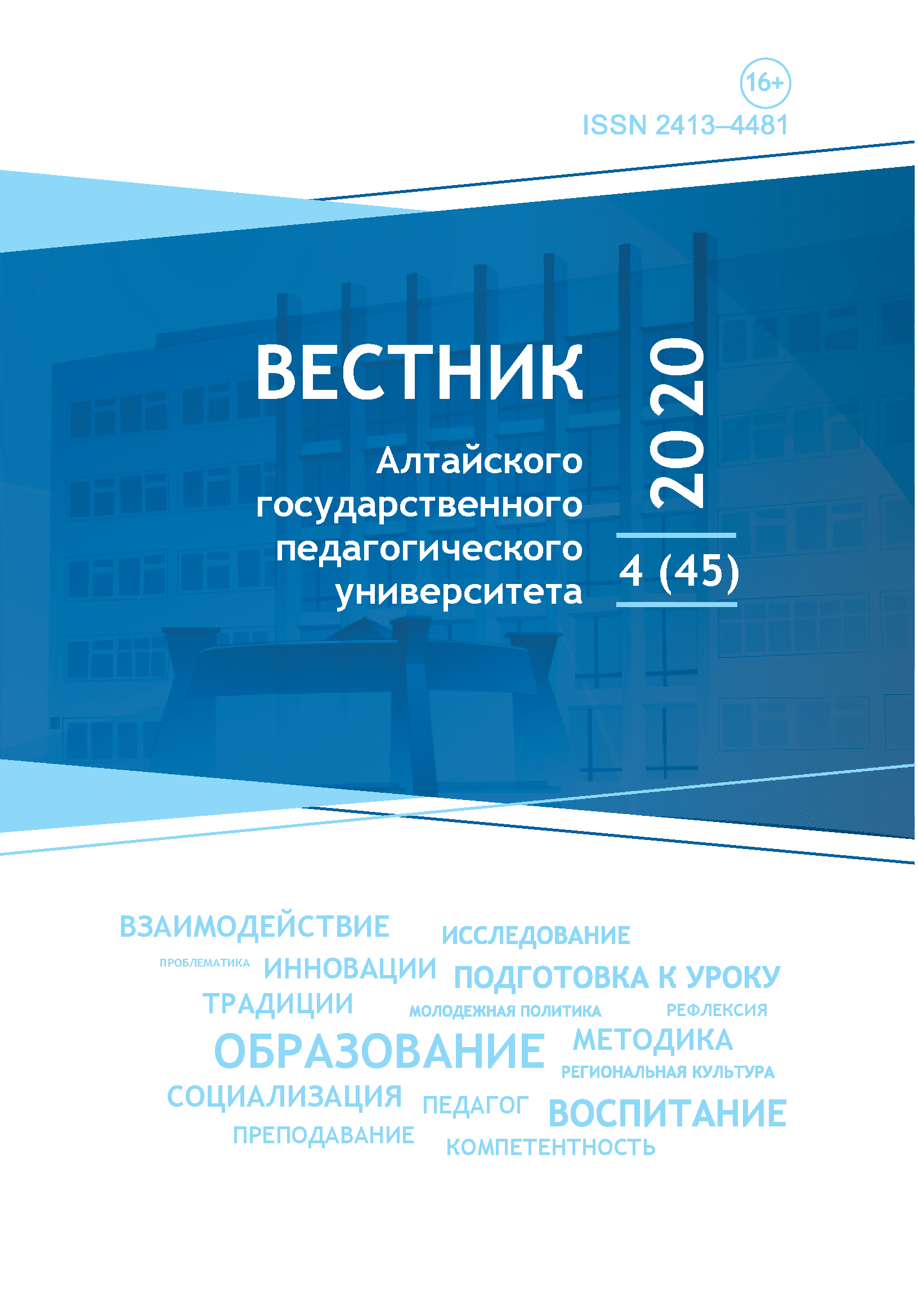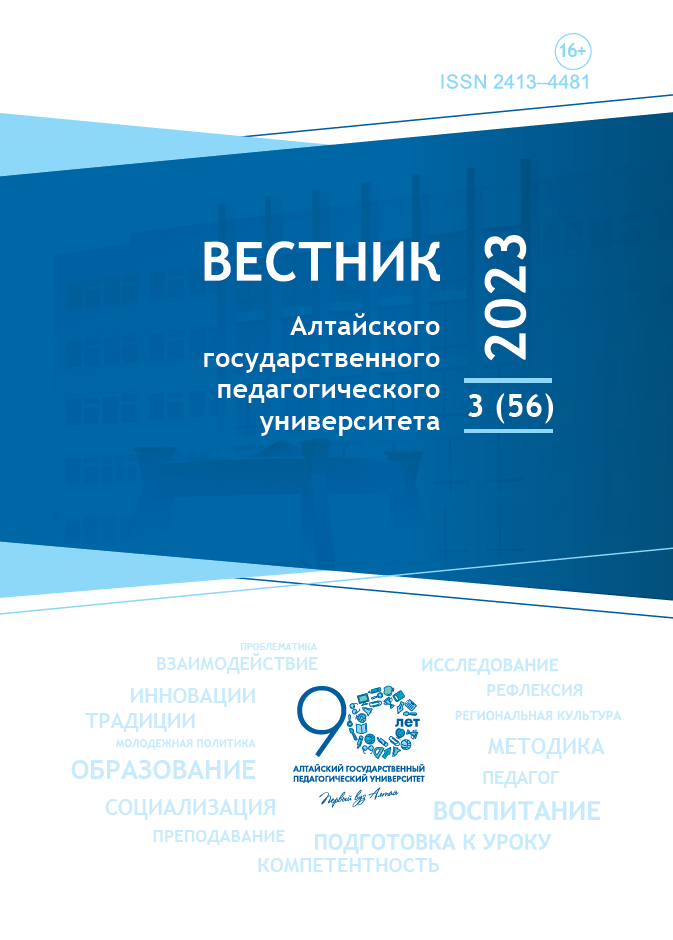DEPORTATION OF THE KALMYKS TO SIBERIA (1943—1956): ORAL STORIES AS SOFT FORMS OF MEMORY
DOI:
https://doi.org/10.37386/2413-4481-2020-4-95-100Keywords:
repressions, oral history, Siberia, deportation, Kalmyks, narrative, politics of memory, discourse, historical politicsAbstract
The article is devoted to the aspects of the Kalmyks’ deportation to Siberia (1943–1956), which have not yet been sufficiently studied by anthropologists and sociologists, and the memory of this. It shows the strategies of survival and adaptation of the young generation of special settlers in the places of forced residence, the feelings and thoughts of a growing-up young man. Textual analysis and the method of text deconstruction were applied to the text of the spontaneous interview.References
Миллер А. Власть и история // Pro et contra. 2009. T.13, № 3-4. С. 6—23.
Александер Дж. Смыслы социальной жизни: культур-социология / пер. с англ. Г. Ольховикова. М.: Праксис, 2013. 639 с.
Эппле Н. Неудобное прошлое. Память о государственных преступлениях в России и других странах. М.: Новое литературное обозрение, 2020. 321 с.
Эткинд А. Кривое горе. Память о непогребенных. М.: Новое литературное обозрение, 2016. 328 с.
Ссылка калмыков: как это было: сборник документов и материалов. Элиста: Калмыцкое книжное издательство, 1993. 262 с.
Гучинова Э.-Б. Помнить нельзя забыть. Антропология депортационной травмы. Штутгарт: Ibidem, 2005. 283 с.
Downloads
Published
Issue
Section
License
Для публикации статьи в журнале «Вестник Алтайского государственного педагогического университета» автору необходимо заключить лицензионный договор с федеральным государственным бюджетным образовательным учреждением высшего образования «Алтайский государственный педагогический университет» (ФГБОУ ВО «АлтГПУ»).



